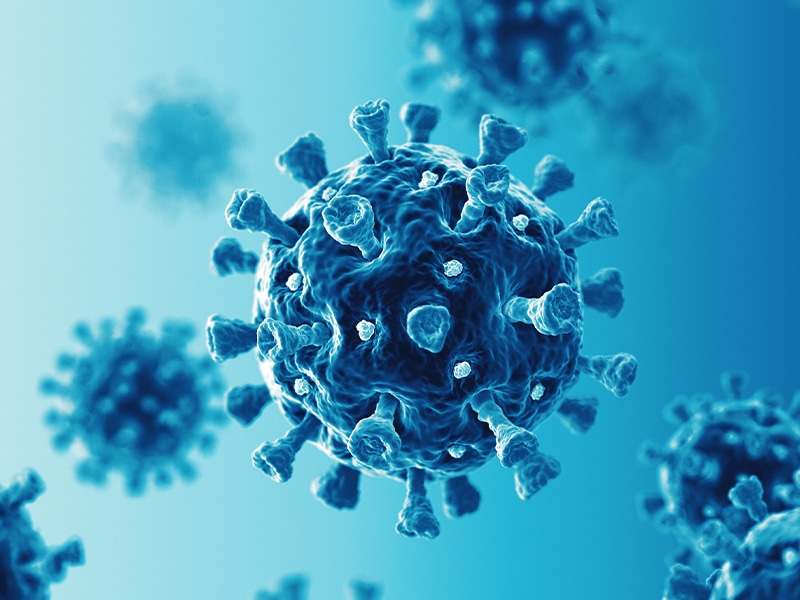Deep into the pandemic, we’re still learning the fundamentals of how the new coronavirus works — and the news is rarely good. So brace yourself for another revelation: You can catch COVID-19 more than once.
“Reinfection in someone who has recovered is certainly possible,” says Ed Dominguez, MD, infectious disease physician on the medical staff at Methodist Dallas Medical Center.
Just like the other six coronaviruses we know about, from the common cold to nastier respiratory syndromes like SARS and MERS, COVID-19 can strike the same spot twice after your immunity fades.
Not all bad news
But there’s a dose of good news, too, Dr. Dominguez says.
“The majority of people who get reinfected are asymptomatic,” he says. “They don’t seem to be getting sick, nor does it seem like they’re spreading the virus.”
He cautions that the research into repeat cases is inconclusive, mostly because it’s too early into the pandemic for reinfection to crop up much.
How immunity works
Antibodies are shockingly efficient at fighting viruses, but they do have their limitations.
Studies have found that it takes just three days for antibodies to begin forming after an infection, even in elderly patients who tend to have weaker immune systems.
As millions of these virus-fighting proteins flood the body, they bind to the virus and flush it from the system. In the best case, someone fights off the infection and still has plenty of antibody troops left over to mount a quick defense the next time that virus invades.
A vaccine accomplishes the same thing, stimulating the creation of antibodies without an actual infection.
But the antibodies don’t stick around forever. Eventually, their tailor-made immunity fades, and we can get sick again.
This virus adapts
Immunity lasts forever only with viruses that don’t mutate, like measles or chickenpox, which rarely strike twice. Other viruses like influenza mutate quickly and necessitate a new vaccine to be developed every year.
The new coronavirus falls somewhere in between. It is adapting, but not fast enough to outmaneuver a vaccine or the antibodies we deploy to fight off infection.
“We know this virus is mutating because the strain in the U.S. is a little bit different from China’s,” Dr. Dominguez says. “There’s just enough difference between those strains that you can get reinfected.”
But there’s hope that scientists can develop a vaccine that mounts a common defense against all the strains.
“If they can do that successfully, then it doesn’t really matter if it mutates,” Dr. Dominguez says. “We’ll still be able to knock out the vast majority of this virus.”
That’s some good news we could all use right about now.

